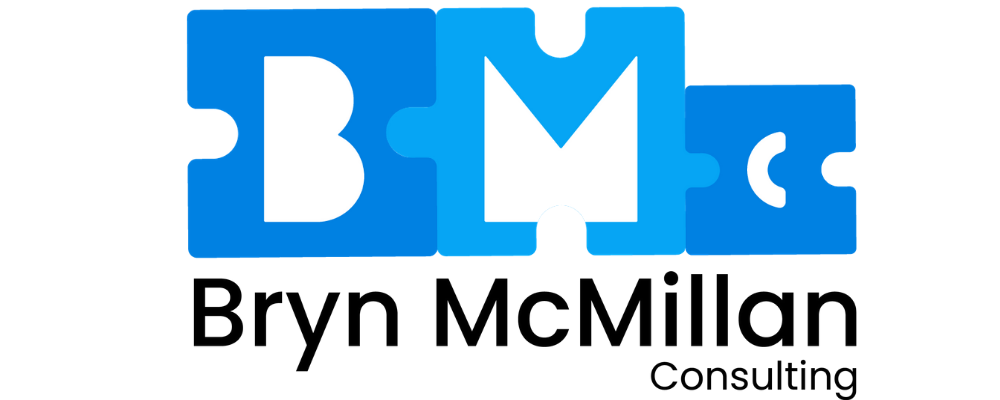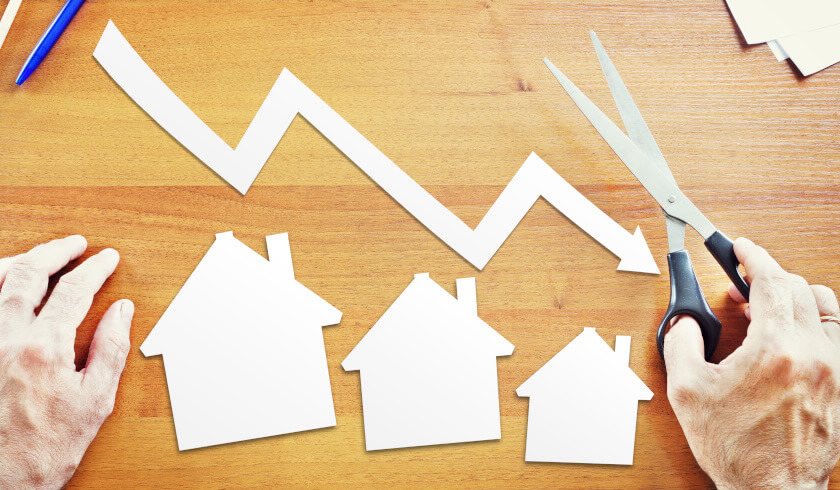The average price of a UK home fell for the first time this year, down 1.3% in August to £365,173, according to Rightmove, largely in line with the seasonal lull with rising interest rates yet to bite into market spending.
The fall in house prices is “on a par with the average August drop over the past ten years”, says the property website’s monthly House Price Index, adding that “as the school holidays arrive, distracted home-movers, especially those in higher-priced homes, appear to be putting their plans on hold until the autumn moving season”.
But the report points out that the market is still running at an elevated level.
House prices lifted by 8.2% over the year to August. Buyer enquiries to agents are down 4% on last year, but remain 20% higher than in 2019.
New listings are up by 12% on the same period last year, but are still 6% down on 2019, while available stock is down 39% from three years ago.
The report comes amid growing concerns about the cost of living crisis, which earlier this month saw the Bank of England hike base rates by 50 basis points, lifting interest rates to 1.75%, the highest rise in 27 years. Inflation stood at 9.4% in June, a fresh 40-year high.
The house price study says a combination of rising house prices and interest rates means that average monthly mortgage payments for new first-time buyers putting down a 10% deposit topped £1,000 for the first time, hitting £1,032.
It says: “This is 27% higher than at the start of the year. Despite this challenge, demand for properties in the typical FTB sector is 32% higher than at this time in 2019.”
Rightmove director of property science Tim Bannister says: “Several indicators point to activity in the market continuing to cool from the lofty heights of the last two years. It’s likely that the impact of interest rate rises will gradually filter through during the rest of the year, but right now the data shows that they are not having a significant impact on the number of people wanting to move.
“Demand has eased a degree and there is now more choice for buyers, but the two remain at odds and the size of this imbalance will prevent major price falls this year.”
Hargreaves Lansdown senior personal finance analyst Sarah Coles adds: “More people tend to put their property on the market in the summer, and if they haven’t sold by now, they take stock. A sale tends to take just over four months and they want to sell by Christmas, so they know that now is the time for a cut.
“However, there are plenty of signs that this won’t be the last of the falls in asking prices. Buyer numbers are still a fifth higher than pre-pandemic levels, but they’re dropping. The Royal Institution of Chartered Surveyors survey published last week also highlighted that these aren’t the same kinds of buyers as we saw during the boom.
“They’re more cautious, more sensitive to what’s going on in the wider world, and are more likely to pull out of sales because of rising prices, increasing rates and more job insecurity.”
North London estate agent and former Rics residential chairman Jeremy Leaf says: “The only surprise about these figures is that the drop in asking prices has taken so long to show up after we noticed a reduction in buyer and seller activity ‘on the ground’ a few months ago.
“Summer holidays are also proving a distraction with many decision makers taking advantage of the fine weather here and abroad.
“But the market is also baring its teeth and demonstrating familiar resilience. Lack of choice, low unemployment and increasing rents are continuing to support demand.
“Therefore, no significant change in property prices is expected at this stage despite increasing concerns about the rising cost of living and interest rates.”
However, Chestertons sales area director Tony Gambrill adds: “There is a clear increase in the number of properties coming onto the market this month and, at the current rate, we could see more than double the amount of listings compared to July.
“Despite this uplift in available properties, demand from London house hunters continues to outstrip supply. This means that, while buyers are benefiting from a larger selection of homes to choose from, vendors still very much dictate price negotiations.”
The Rightmove House Price Index was first published 20 years ago this month.
It points out that national average asking prices have more than doubled, lifting by 134%, from £155,994 to £365,173 in this time. Average salaries have grown by 76% and the Retail Price Index has increased by 93% in the same period, with house prices outstripping both salaries and general inflation over 20 years.

